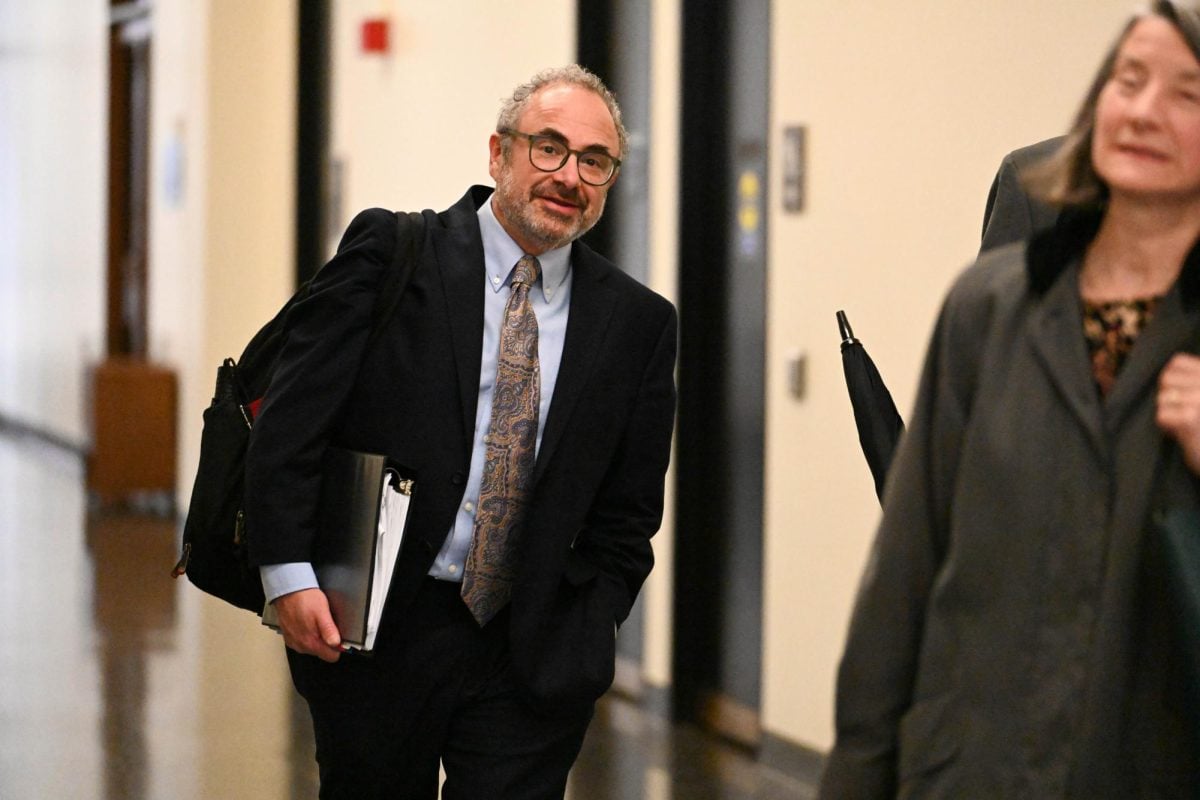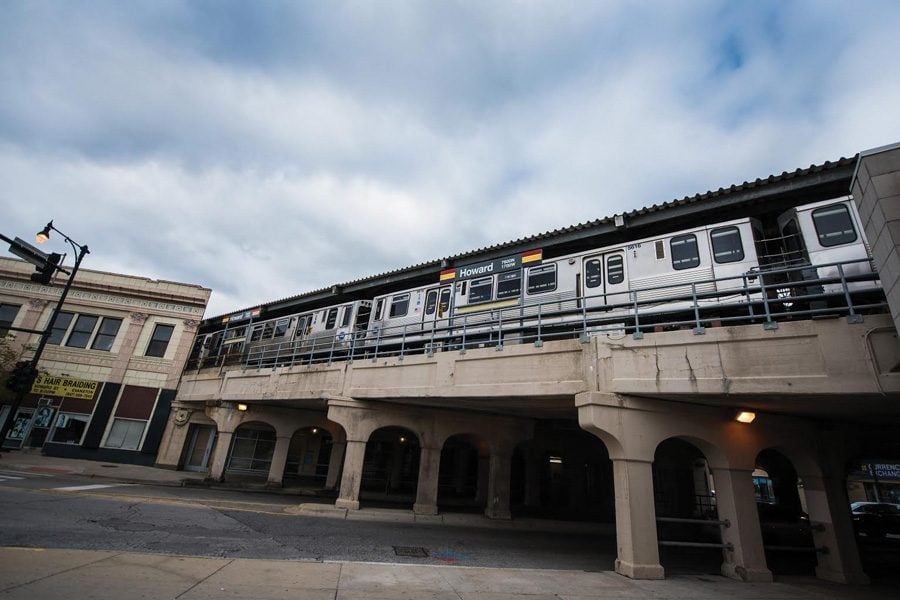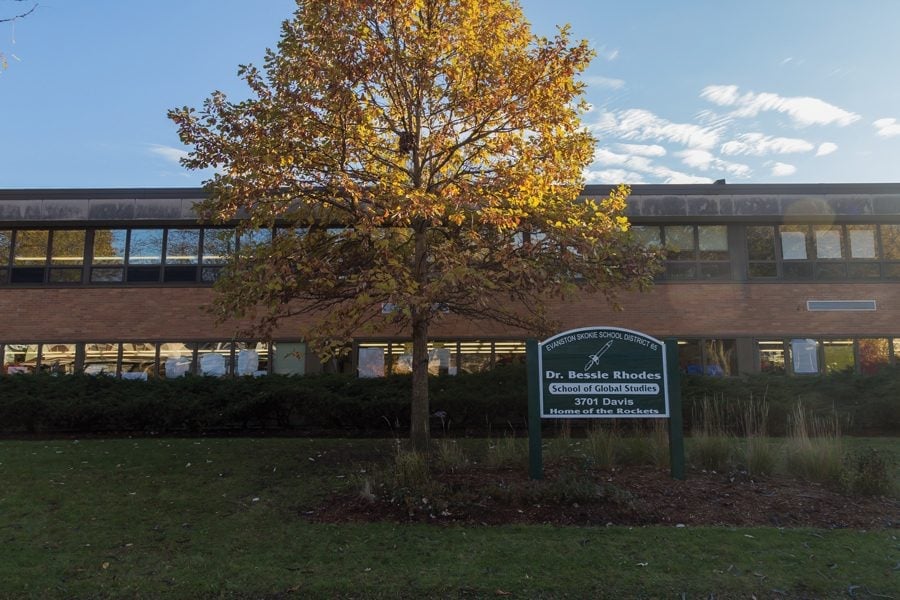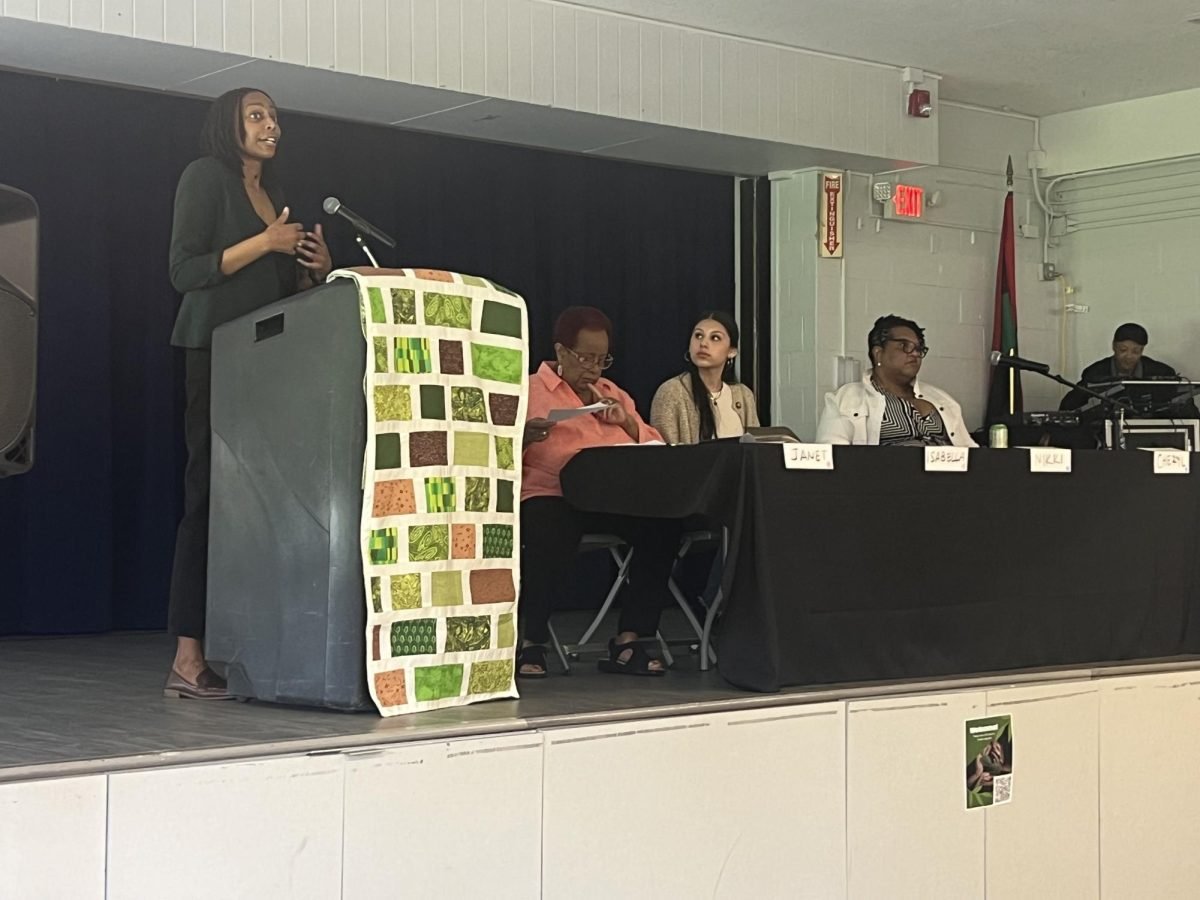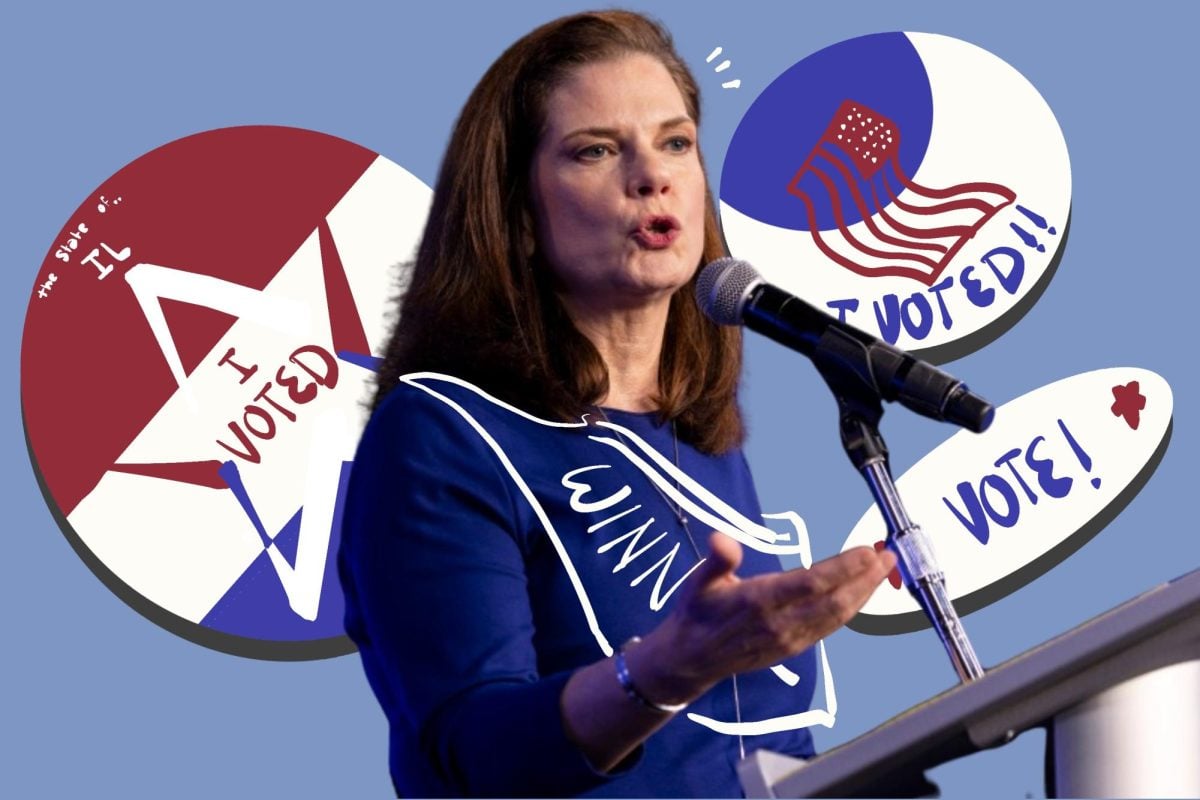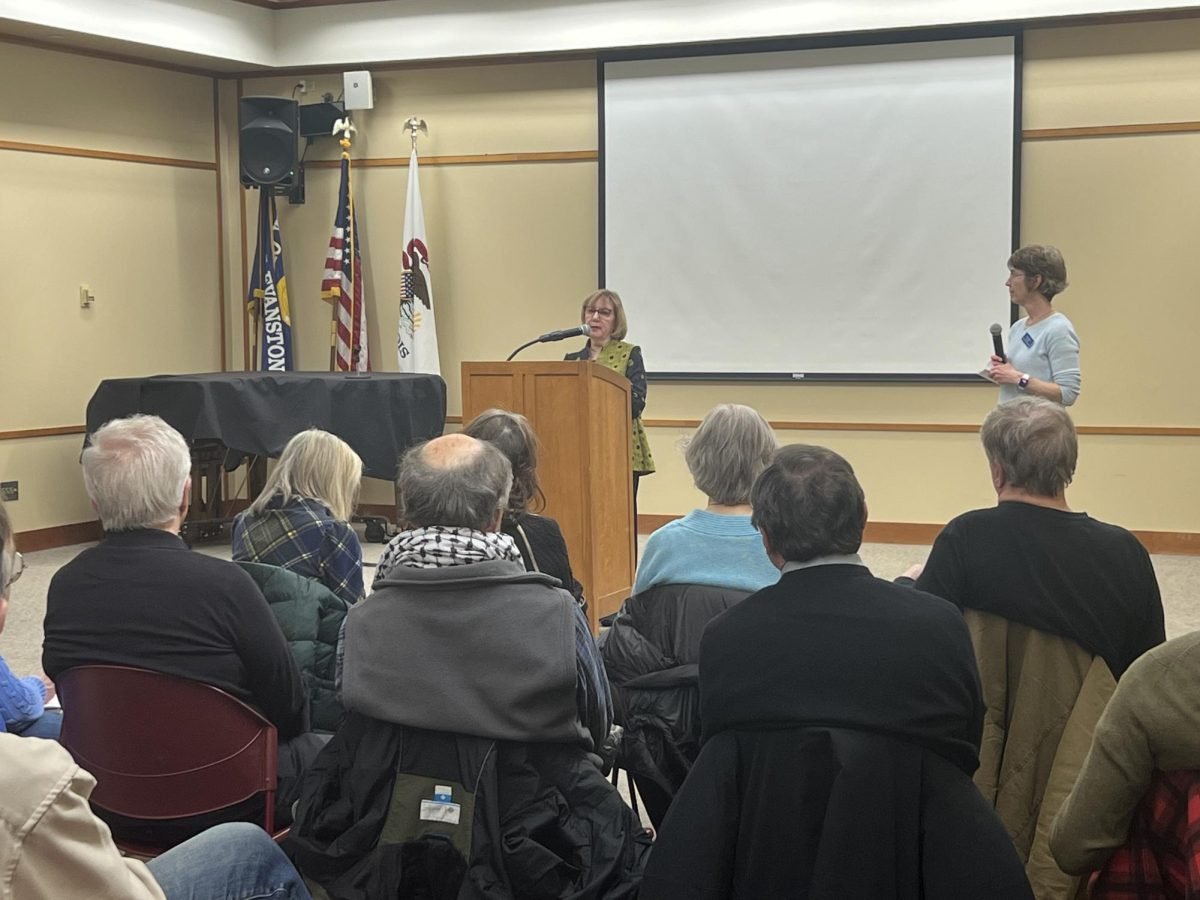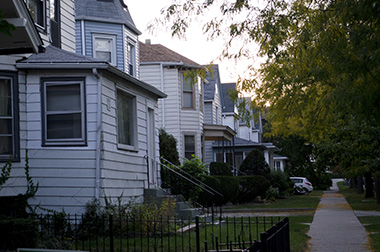
More than a year after Ald. Don Wilson (4th) drafted proposed reforms to the so-called “brothel law,” city officials have yet to move forward.
The Zoning Committee of the Plan Commission has slated the issue several times this year but postponed it within a few days of each meeting, often with a brief explanation, if one at all. When the committee meets next month, it is not expected to address Wilson’s proposal, according to a city official.
The situation has stalled since earlier this year, when Wilson’s colleagues expressed optimism about not only addressing his plan, but also putting it on the books.
Despite the setbacks, Mark Muenzer, the city’s director of community development, said his staff has been doing “extensive comparable community research” on the law, which states no more than three unrelated people can live together in the same unit. In January 2011, The Daily reported city officials were planning to step up their enforcement of the decades-old ordinance, leading to widespread student outcry. The city backed down, and the University attributed the commotion to a miscommunication.
As presented about a year ago, Wilson’s plan would change the definition of a type (C) family from three to four unrelated people. His proposal would also allow up to six unrelated people to live together in an apartment as long as it has the proper permits, complies with zoning codes and has the same number of bedrooms as it has occupants.
In recent weeks, Wilson has said his proposal would mostly remain unchanged if it reaches the committee.
When Wilson informally introduced his plan at the Nov. 26, 2012, City Council meeting, he and other officials were confident that aldermen could take up the issue by the beginning of 2013.
“I’m hopeful that things will move quickly,” Wilson said then.
In May, the Planning and Development Committee referred the potential changes to the law to the Plan Commission, under which the Zoning Committee operates.
A review of the committee’s agendas and minutes shows the issue has been postponed at least three times since this summer. The panel was scheduled to address the issue at its July 17 meeting, but a city official said two days beforehand the item would be pushed back to the Aug. 21 meeting for a “public hearing and discussion at that time instead.”
The Aug. 21 meeting was canceled due to a lack of quorum, meaning not enough members were present to hold the meeting under the law.
The issue was again on the agenda for the Sept. 18 meeting but “continued without discussion” to the Oct. 16 meeting, according to the minutes of the September meeting. The issue was not on the agenda for the October meeting.
Asked about the repeated delays on the day of the Sept. 18 meeting, Wilson cited a “number of reasons,” including the “fact that many students are just returning and would not likely have had an opportunity to recognize the issue was going to be discussed.”
Wilson offered a similar explanation earlier this month, saying he wanted to gather more public input and hold a community meeting before the committee addresses the issue.
University President Morton Schapiro has listed reforming the ordinance as a top priority for improving town-gown relations since it first flared up.
“I still think that we need to clean up some of the brothel situation, not just with understanding the laws better and applying them more fairly, but I think we still have some properties I get invited to a lot, so I get to see certain things,” Schapiro told The Daily in an interview earlier this month. “And I hate when people say, ‘Oh, we don’t have everyone’s name on the lease,’ or ‘Some of the places are a little tacky.’ I think there’s more we can do, working together, but I think it’s generally better than it was a couple of years ago, moving in the right direction.”
Some of Mayor Elizabeth Tisdahl’s most recent remarks on the issue came in response to a question during her first Facebook town hall meeting in March. She was asked what the city has done to work with the University on the over-occupancy rule.
“I’d hope the council would have discussed it by now, but we are planning to discuss it further in the spring,” Tisdahl wrote.
Not everyone involved in the once heated debate is buying city officials’ take on the repeated delays, including Howard Handler, an outspoken opponent of the law who has argued against it before the council. Handler, government affairs director for the North Shore – Barrington Association of REALTORS, said earlier this month he trusts Wilson wants to follow through on his proposal, though the public has already aired out the issue.
“The notion that more community input is needed rings hollow as this issue has been discussed ad nausea,” Handler wrote in an email to The Daily. “This issue is to go to the Zoning Committee of the Plan Commission, then the Plan Commission, and then the City Council — how many more opportunities do there need to be for public input?”
Handler added that he is disappointed the University and student leaders have not taken a leading role on the issue, pointing out that the ordinance “disproportionately adversely affects” members of the NU community.
Kevin Harris, Associated Student Government vice president for community relations, said ASG hopes to “create momentum when there’s an opportunity” for formal discussion of Wilson’s proposal.
Harris said he understands aldermen have had full workloads this fall: The council is currently working through the finer points of the city budget for fiscal year 2014.
“They have a lot going on, and we recognize that,” said Harris, a Weinberg sophomore. “And when it does come up, we want to a play a role.”
Harris said that could range from spearheading student surveys to hosting public forums before Wilson’s proposal reaches the council.
Asked earlier this month if the issue would be a priority for her colleagues next year, Ald. Jane Grover (7th) predicted aldermen would have “interest … in addressing it.”
The committee’s January meeting has not been scheduled yet, though the panel usually convenes at 7 p.m. on the third Wednesday of each month.
Email: [email protected]
Twitter: @PatrickSvitek



